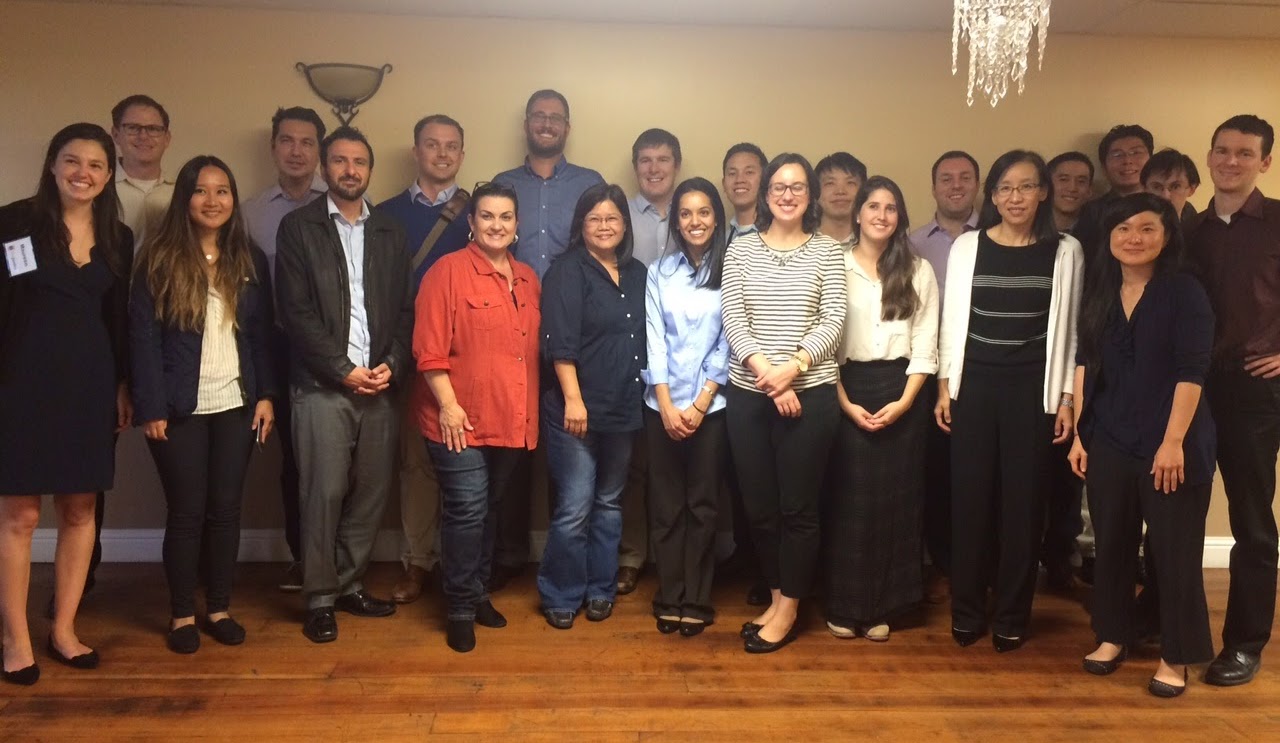OneJustice welcomes 2 new Equal Justice Works AmeriCorps Legal Fellows to the team!
This National Pro Bono Week, we’re proud to celebrate all of our pro bono volunteers, who care deeply about bringing justice where it’s needed most. We also wanted to take this moment to introduce you all to two special people who also care about access to free legal assistance, Marian Lee and Maureen Slack.
Marian and Maureen are OneJustice’s new Equal Justice Works AmeriCorps Legal Fellows for the Justice Bus Project, which mobilizes pro bono resources to bring free legal assistance to low-income Californians across the state. We’ve asked Maureen and Marian to share with you all a bit about themselves and the work they will be doing at OneJustice.
Please join us in welcoming these two new members!
Welcome Marian! Tell us, what drew you to the work of OneJustice?
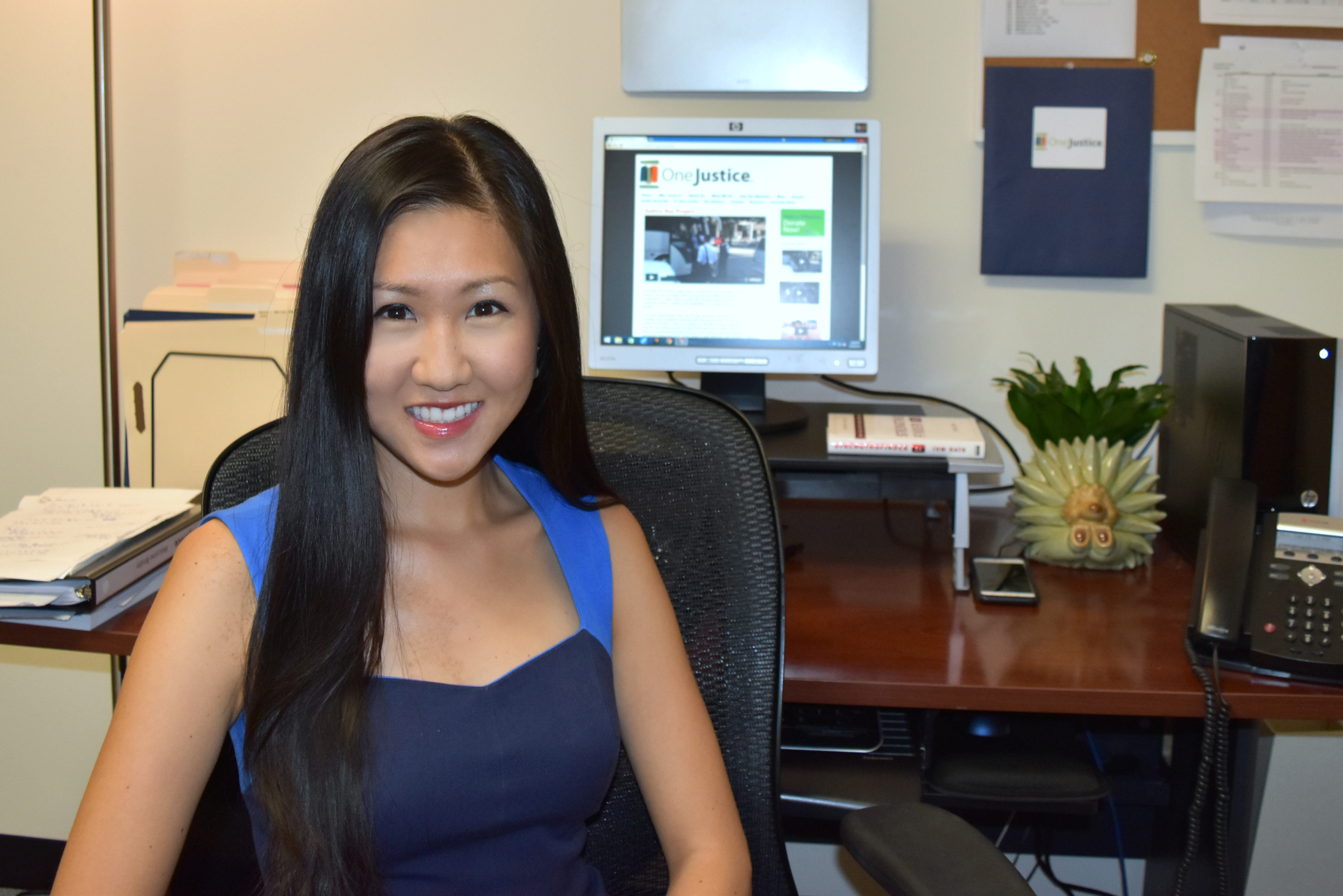
Marian Lee is the Equal Justice Works AmeriCorps Legal Fellow for the Justice Bus Project at OneJustice’s Los Angeles office.
I was drawn to OneJustice because of our commitment to leveraging the underutilized talent and passion for public service that already exists in the legal community to help the most vulnerable Californians. Throughout my career, I’ve always committed extensive time to pro bono work, so I’m so excited to encourage and enable other attorneys to do the same through the Justice Bus program.
The Justice Bus Project offers such a logical solution to a complex problem in California – most attorneys live in urban areas, whereas so many low-income and underserved populations do not. OneJustice plays a unique role in helping to close this justice gap by collaborating with law schools, a variety of nonprofits, and attorneys in both public and private practice.
We’re excited to see where the Justice Bus is headed next! What will your role be in this project?
As an Equal Justice Works AmeriCorps Legal Fellow, I’ll be responsible for the Justice Bus Project in Southern California. I’m charged with mobilizing pro bono attorneys and law students from urban areas to assist rural and isolated communities out of our Los Angeles office. I hope to expand the Justice Bus program by creating new partnerships with legal services providers and community based organizations in Southern California.
Sounds like great work! What did you do before coming to OneJustice?
I started my legal career in private practice as a real estate and real estate finance attorney, where I represented developers and lenders. Most recently, I developed programs for 3Ls and international students as an Assistant Director at a law school in Northern California. It’s great to return to L.A. to start my public interest career and reconnect with local attorneys while continuing to work with law students!
Those are wonderful experiences! What is something quirky about you?
I have a healthy fear of heights but love skiing! I went from tumbling down the bunny slopes to doing blue runs in a couple of seasons. My goal is to one day finish an entire black diamond course in one piece!
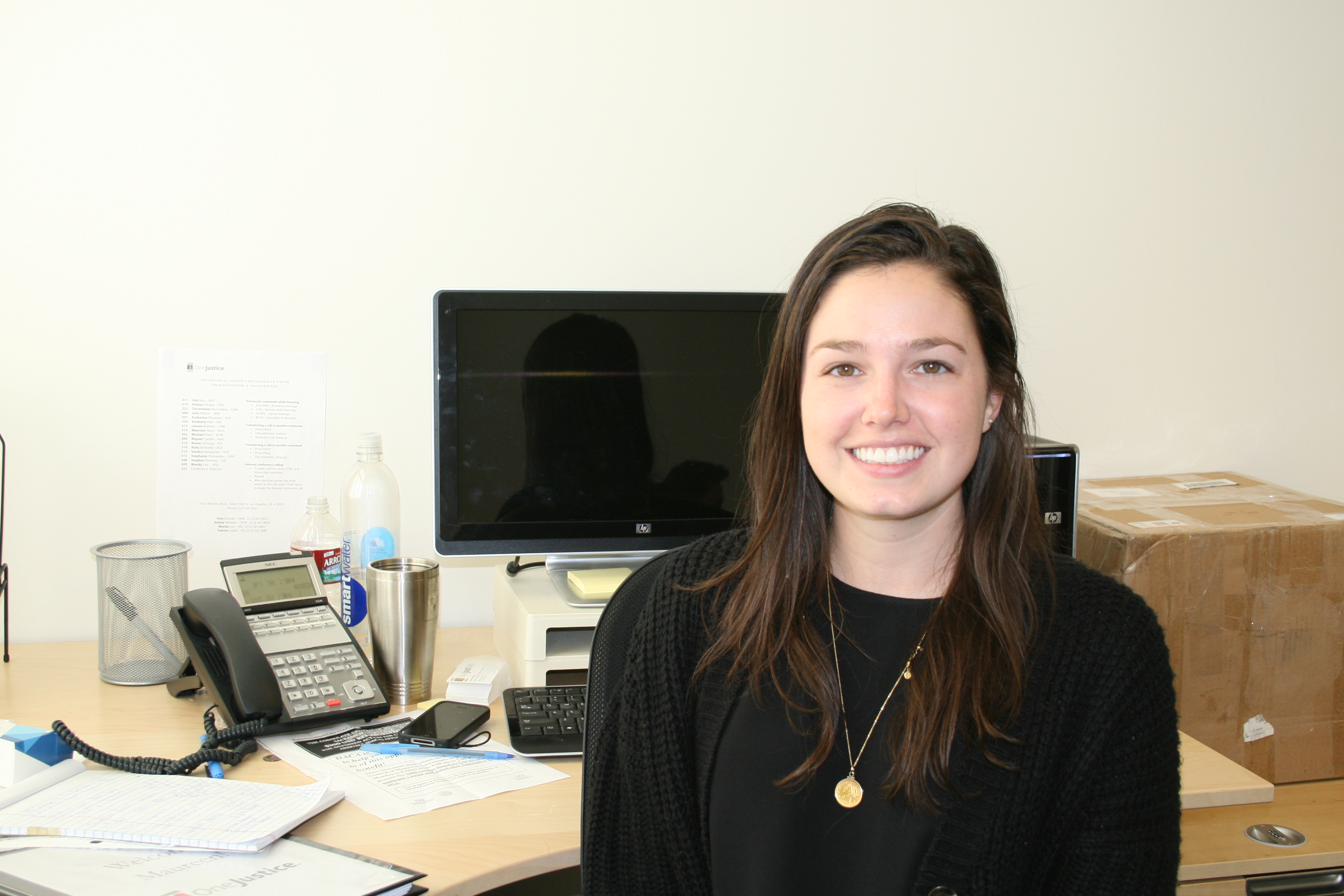
Maureen Slack is the Equal Justice Works AmeriCorps Legal Fellow for the Justice Bus Project at OneJustice’s San Francisco office.
Thank you, Marian! Your turn, Maureen! What inspired you to join OneJustice?
OneJustice’s goal of tapping into rural and low-income communities in need provides a great opportunity to examine, and hopefully address, the ways that the legal system underserves certain geographic and socioeconomic populations. Also, connecting with local community and legal organizations to facilitate this goal is really inspiring and rewarding.
Tells us more about your role — what kind of things will you be doing?
I’ll be working on the Justice Bus Project in Northern California, as the Equal Justice Works AmeriCorps Legal Fellow. In addition to planning and executing one-day legal clinics throughout Northern California, I hope to successfully connect clients in rural communities to meaningful social and legal services assistance, both during the one-day clinics and beyond.
We can’t wait to hear about these clinics in the upcoming months! What were you up to before coming to OneJustice?
An East Coast native, I grew up in New Jersey and then went to NYU for undergrad. After graduation, I hung around New York for a year as a paralegal at a union-side labor law firm, before heading to Harvard Law School. While at Harvard, I prioritized exploring as many different public advocacy fields as possible, including civil rights, asylum, and eviction law. I’m excited that the Justice Bus Project will allow me to continue exploring different legal areas.
Sound like an exciting adventure aboard the Justice Bus! One last question: what’s something you really love?
I love exploring new cities. My new move to San Francisco means I get to fully indulge my love of comfortable sweaters and affordable avocados.
Thank you so much for joining us, Maureen and Marian! We look forward to hearing about the upcoming Justice Bus trips!
A BIG thank you to our wonderful and committed volunteers who make all the difference for veterans, seniors, families, and children! You are all truly inspiring! Happy National Pro Bono Week!
The Justice Bus Project takes teams of attorney and law student volunteers from urban areas to set up free legal clinics for low-income Californians living in rural and isolated communities. These clinics provide life-changing legal assistance to low-income veterans, vulnerable seniors, children with disabilities, low-wage workers, immigrant youth, and families. Learn more about this project in the video below!
[vimeo 70976108 w=500 h=281]

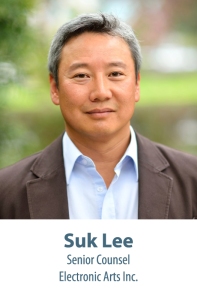 Thank you for joining us, Suk! Tell us, what does “justice” mean to you?
Thank you for joining us, Suk! Tell us, what does “justice” mean to you?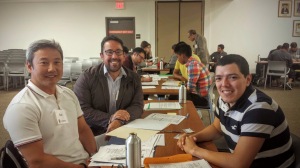

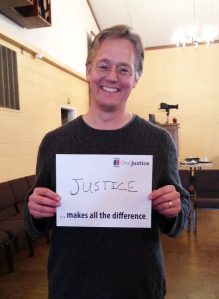
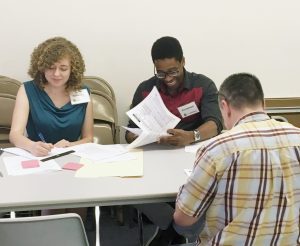
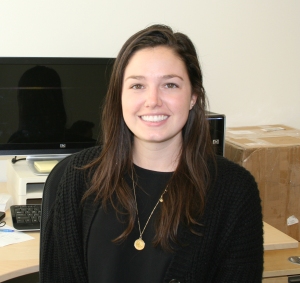 Maureen Slack is an
Maureen Slack is an 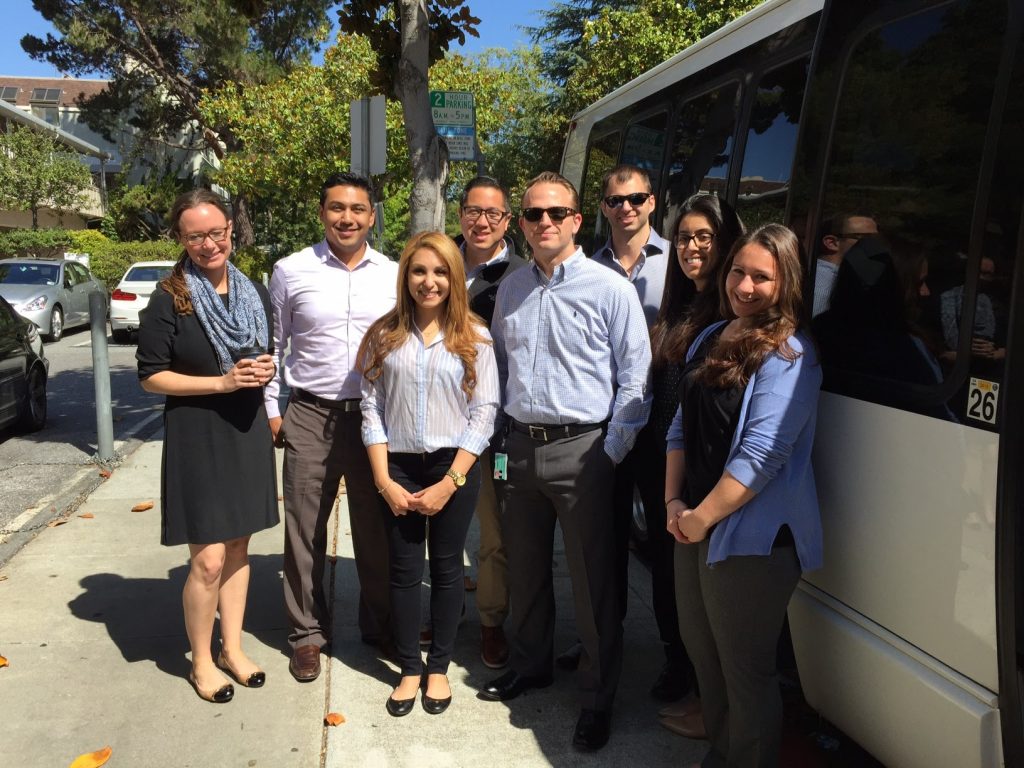
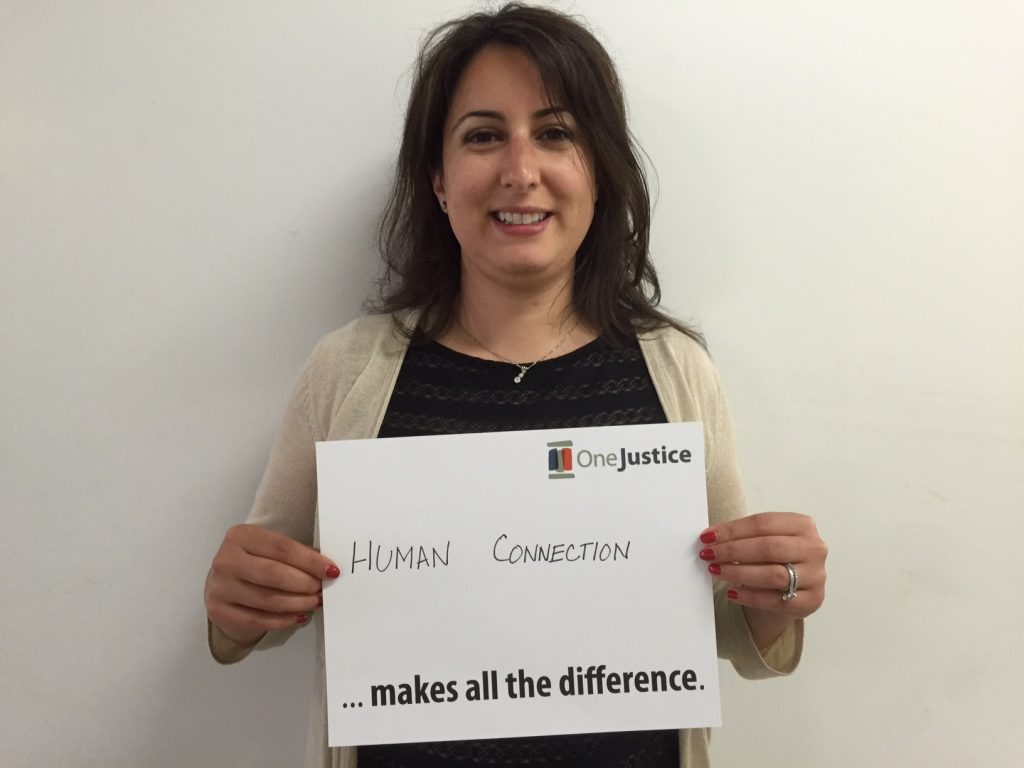
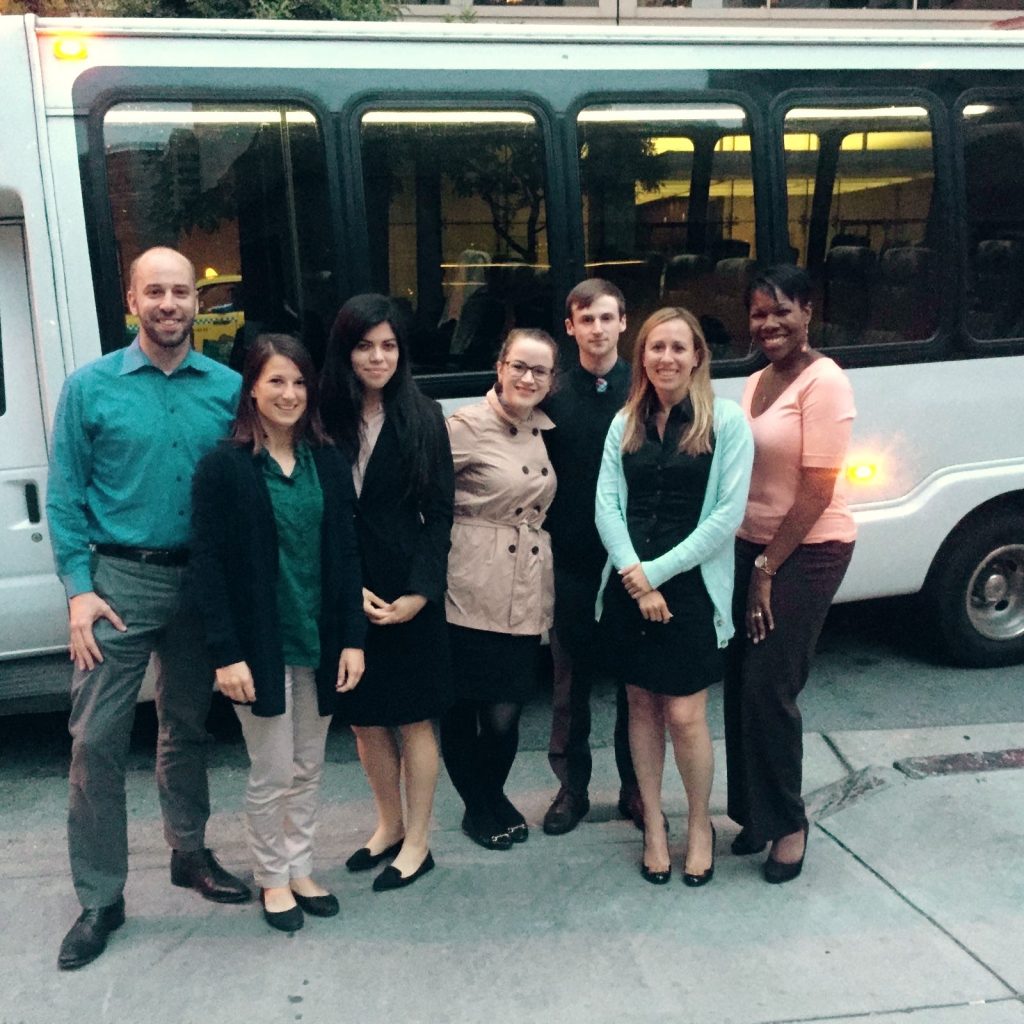
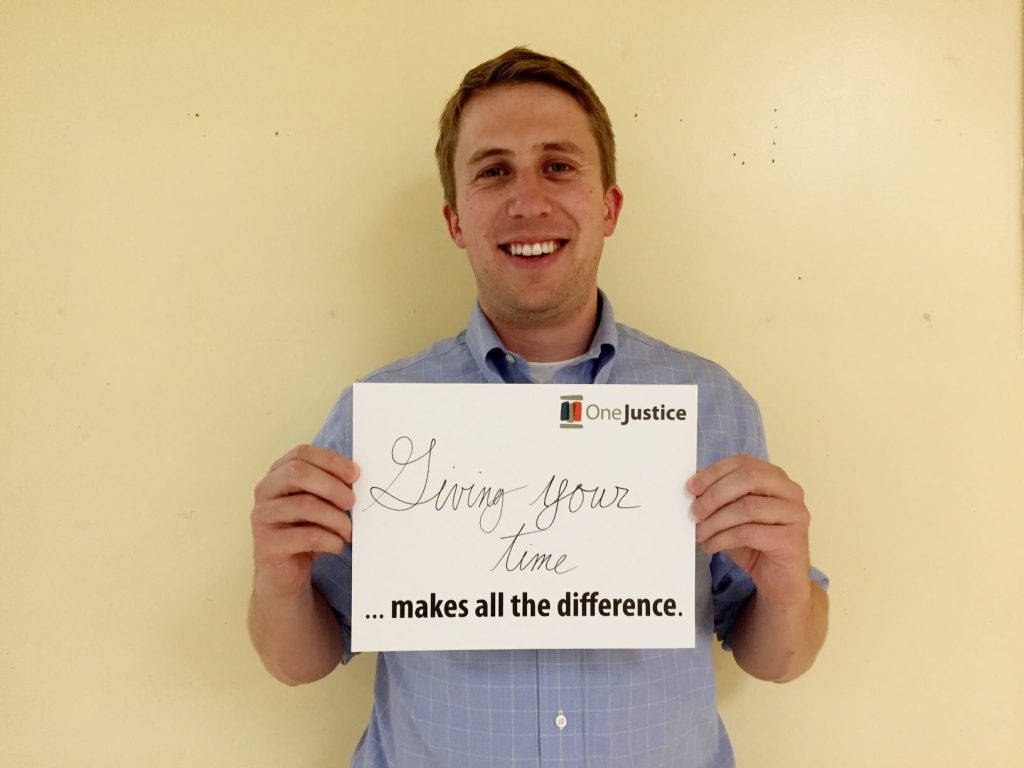
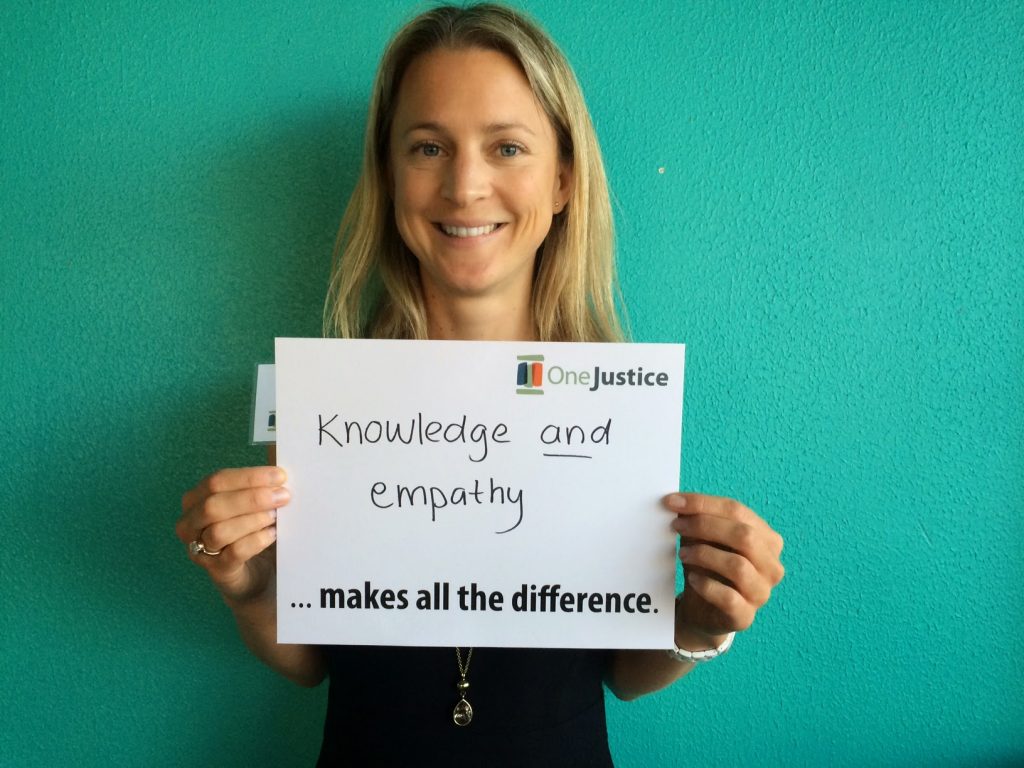
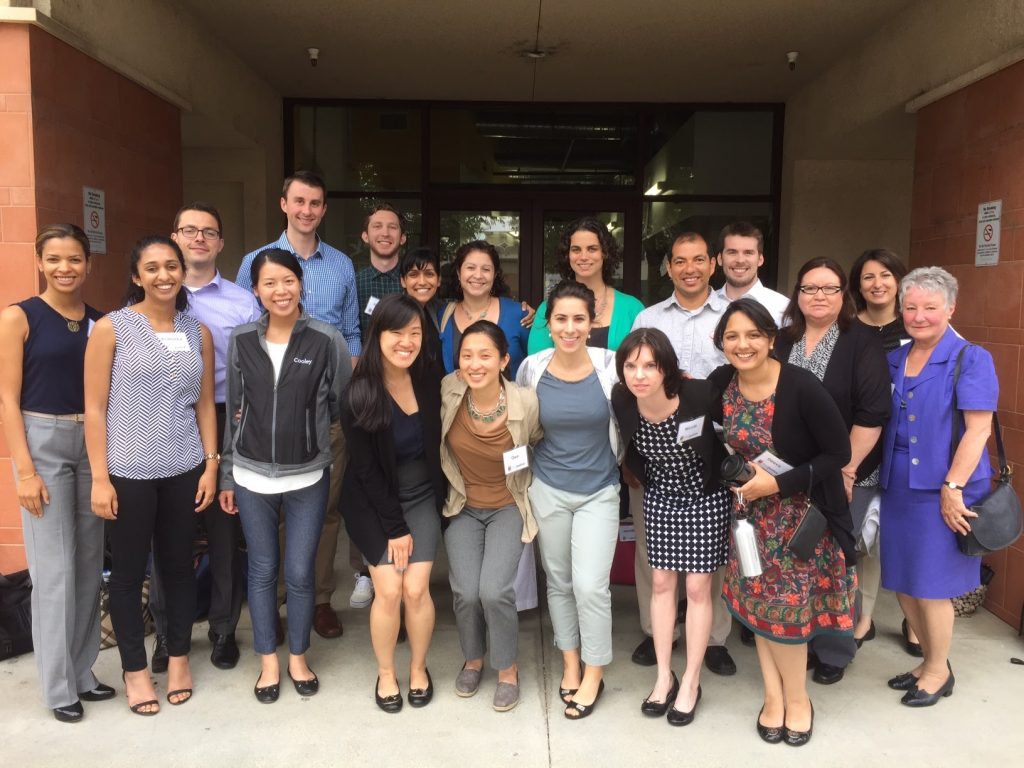
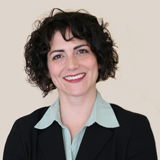
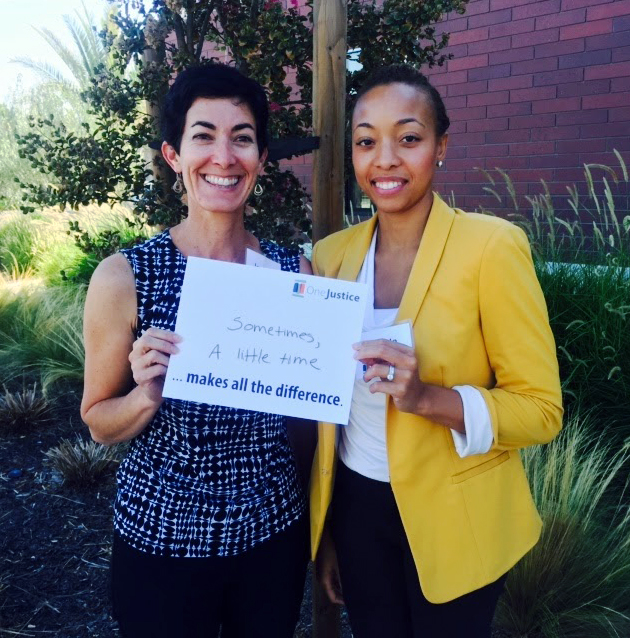
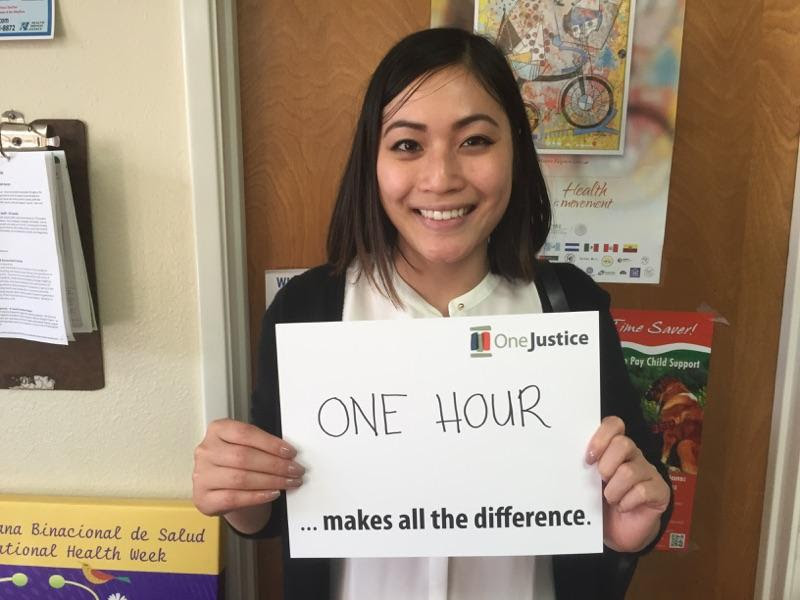
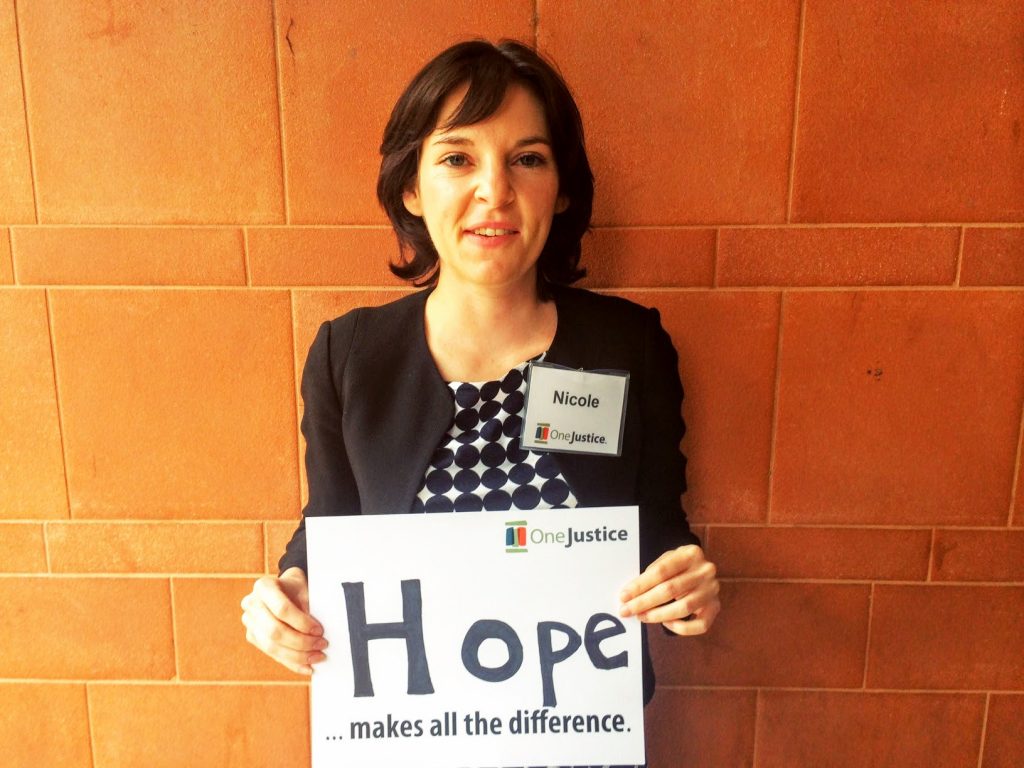
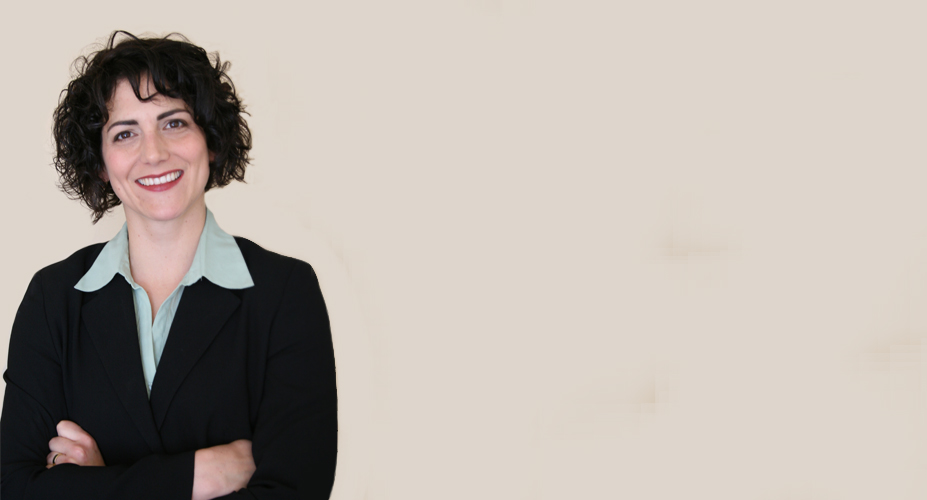
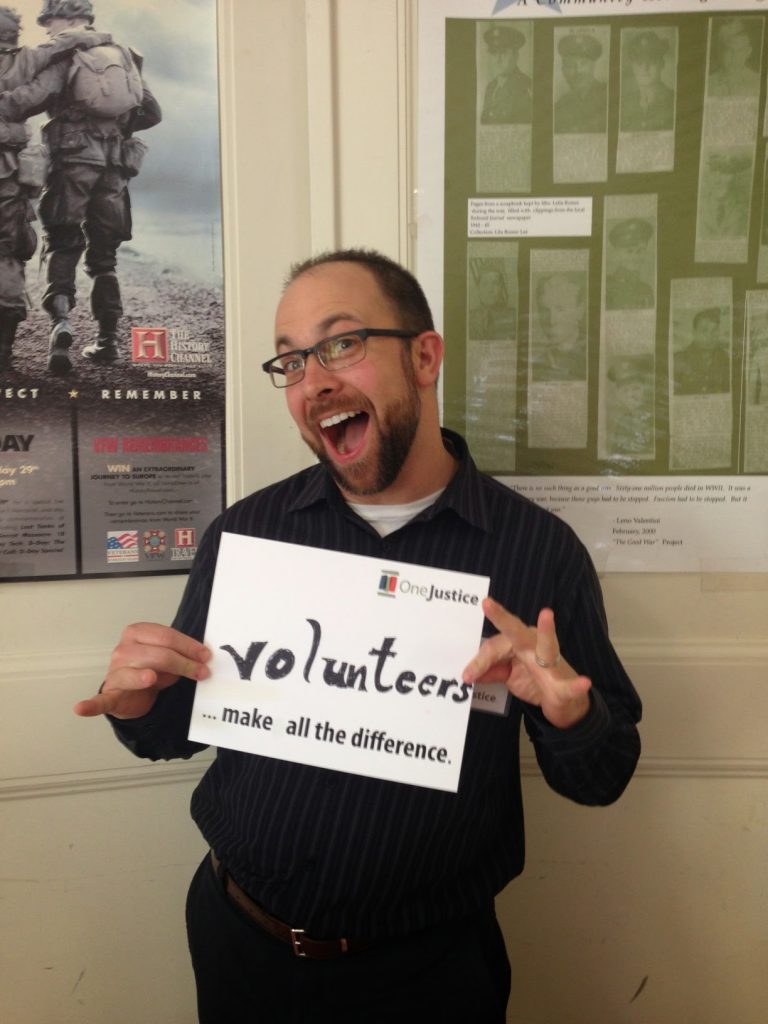
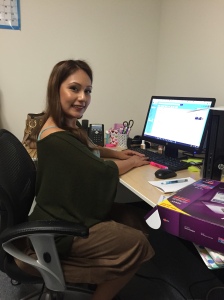
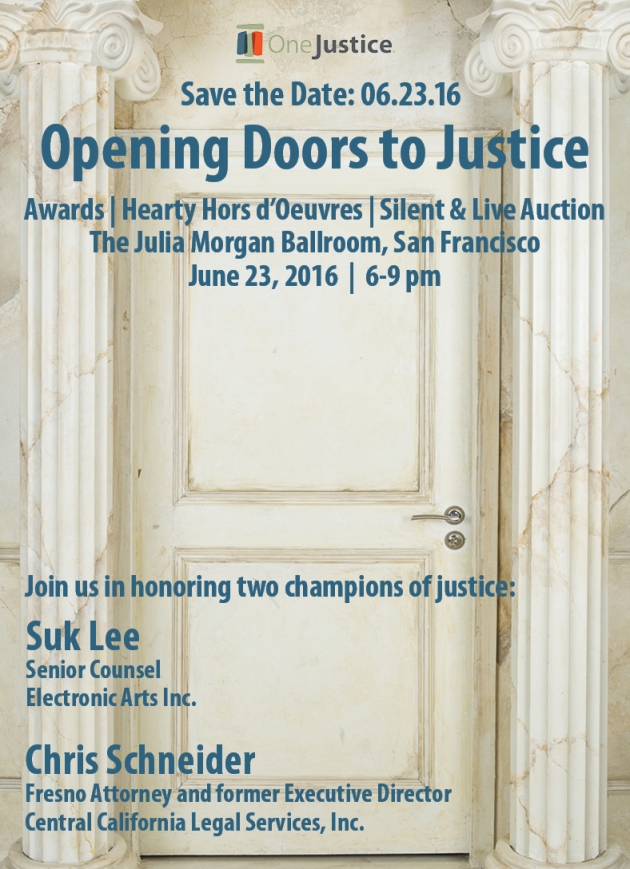
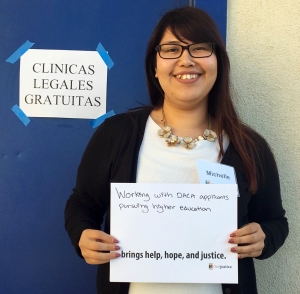 2015 Pro Bono Innovations with Impact:
2015 Pro Bono Innovations with Impact: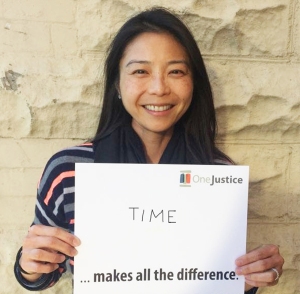
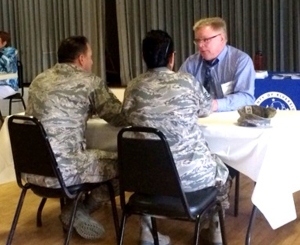
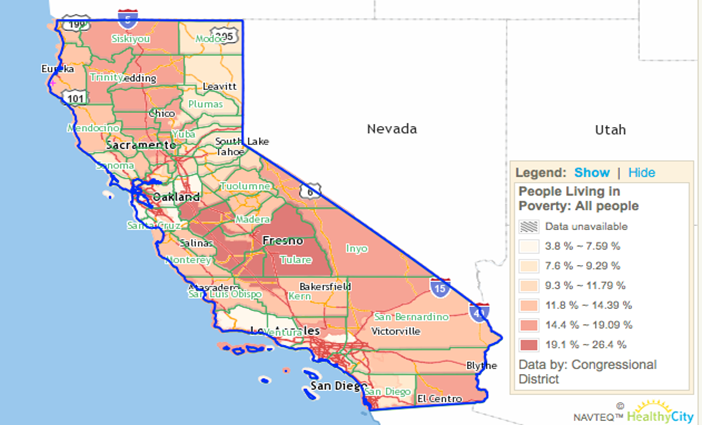
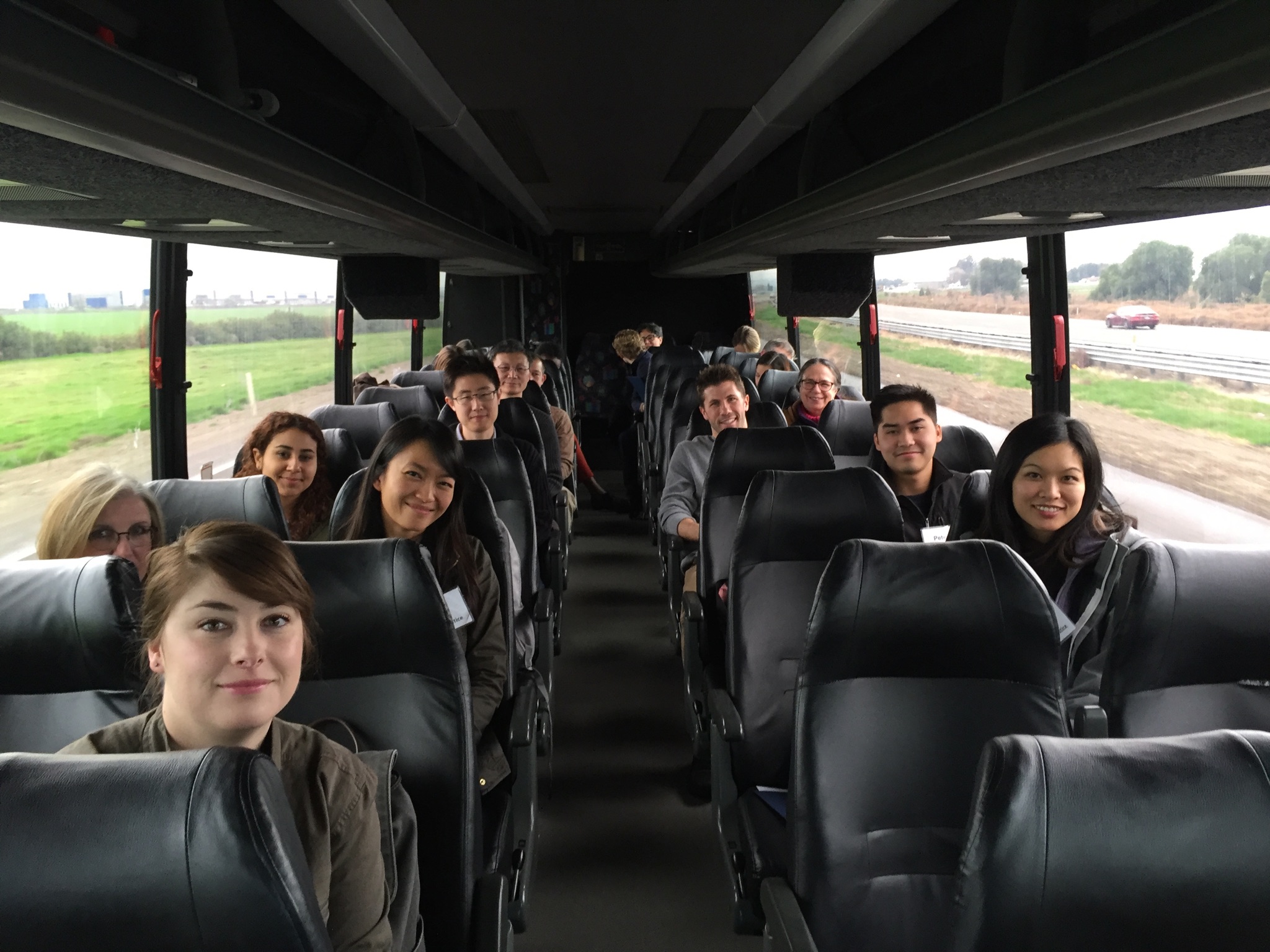


 By: Katie Aragon, Silicon Valley Director of
By: Katie Aragon, Silicon Valley Director of 